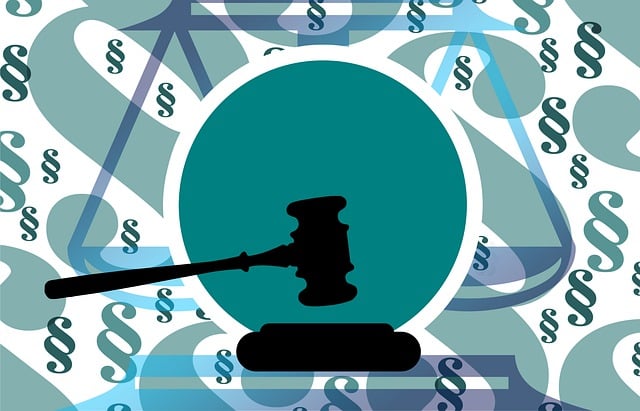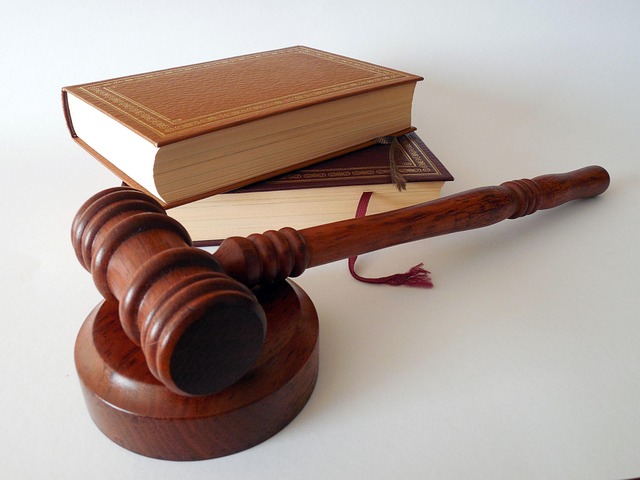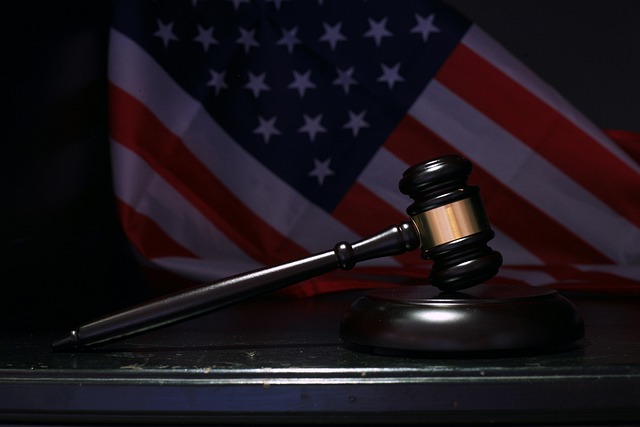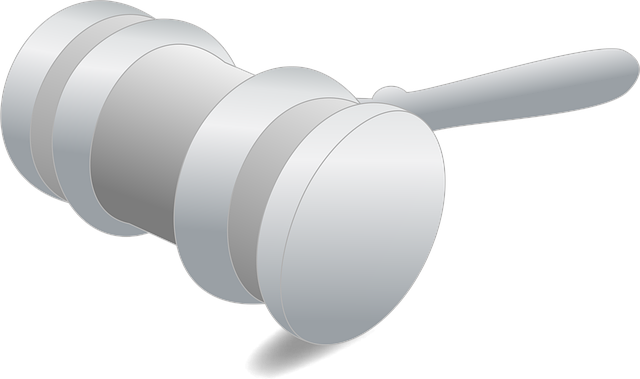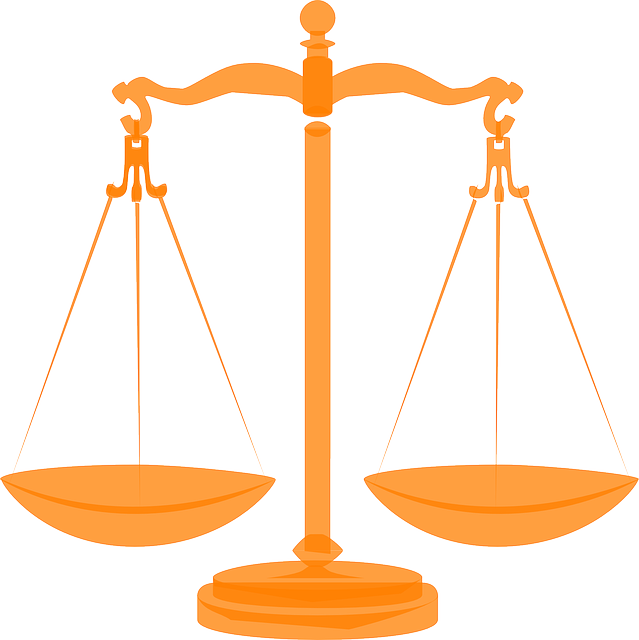A wrongful death claim is a legal process initiated by loved ones of a deceased individual seeking compensation for their loss due to another party's negligence or intentional act, such as car accidents caused by drunk drivers, medical mistakes, defective products, or slip and fall injuries. The goal is to hold the at-fault party accountable while providing financial relief for economic (medical expenses, funeral costs) and non-economic (pain and suffering, emotional distress, loss of companionship) losses. An experienced attorney guides families through this complex process, navigating tort law and insurance coverage disputes to ensure fair compensation.
“Navigating a wrongful death claim can be emotionally challenging, but understanding the process is crucial for seeking justice. This comprehensive guide breaks down the steps involved in filing a wrongful death claim, from initial reporting and preserving evidence to gathering expert testimony and negotiating settlements. By understanding the legal framework and common scenarios, you’ll be better equipped to manage the complexities ahead. Whether settling or proceeding to trial, this article provides insights into what to expect during one of life’s most difficult journeys.”
- Understanding Wrongful Death Claims
- – Definition and legal basis for wrongful death suits
- – Common causes of wrongful death
Understanding Wrongful Death Claims

A wrongful death claim is a legal action taken by the surviving family or loved ones of an individual who passed away due to another party’s negligence or intentional act. When a person dies as a result of someone else’s misconduct, such as a car accident caused by a drunk driver or a medical mistake, their family members may have the right to seek compensation for their loss. This process involves understanding the legal definition of wrongful death and gathering evidence to support the claim.
Wrongful death claims encompass various scenarios, including but not limited to accidents involving defective products or vehicles, premises liability cases like slip and fall incidents, or even medical malpractice. The goal is to hold the at-fault party accountable for their actions and provide financial relief to the bereaved family, helping them cope with the sudden loss of a loved one. This may include compensation for medical expenses prior to death, funeral costs, pain and suffering, and in some jurisdictions, punitive damages to deter future negligent behavior.
– Definition and legal basis for wrongful death suits
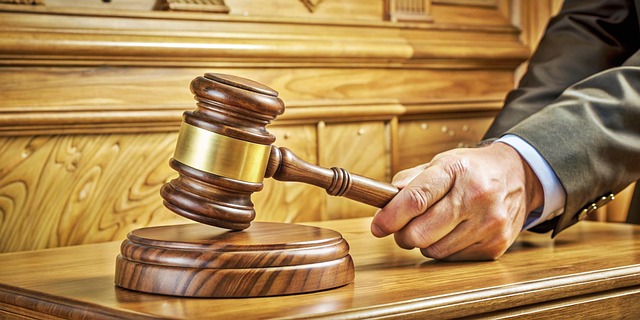
A wrongful death claim is a legal action taken by the surviving family or loved ones of a deceased individual against a party deemed responsible for their untimely and unjust death. This lawsuit seeks compensation for the loss they have suffered, encompassing both economic losses, like medical bills and lost wages, and non-economic damages such as pain and suffering, emotional distress, and the loss of companionship. The legal basis for these claims is rooted in tort law, which outlines the rights and responsibilities between individuals and entities to ensure safety and prevent harm.
In many cases, wrongful death suits arise from incidents like auto accidents caused by negligence or recklessness, where a driver, company, or entity is held accountable for their role in the deceased’s injuries or death. An experienced auto accident attorney can guide victims’ families through this complex process, ensuring they receive fair compensation for their losses. While each case varies, understanding the legal framework and available options is crucial when navigating a wrongful death claim, especially considering the emotional toll such events take on survivors.
– Common causes of wrongful death

Common Causes of Wrongful Death
Wrongful death claims often arise from a variety of circumstances where a person’s negligence or intentional actions lead to another individual’s untimely demise. One of the most prevalent scenarios is a slip and fall incident, especially in public places where proper safety measures are not implemented. These accidents can result in severe injuries or fatal outcomes, leading to legal action against the property owner or manager. Other common causes include vehicle collisions, medical malpractice, and product liability cases, such as defective medications or consumer goods.
In many instances, insurance plays a significant role in these disputes. An insurance coverage dispute may occur when the party responsible for the wrongful death doesn’t have adequate coverage or when there are gaps in policy agreements. Such disagreements can complicate the process of seeking compensation for the grieving family members who are now facing financial challenges due to their loved one’s untimely death.
A wrongful death claim is a complex process, but understanding the legal framework and common causes can help families navigate this difficult time. When pursuing such a claim, it’s crucial to anticipate a detailed investigation, expert testimony, and potential negotiations or trials. By familiarizing themselves with these aspects, claimants can better prepare for what lies ahead, ensuring their rights are protected and seeking justice for their loved ones’ untimely deaths.

